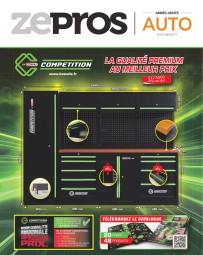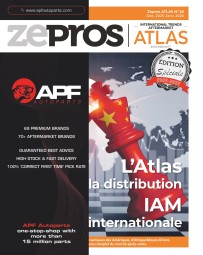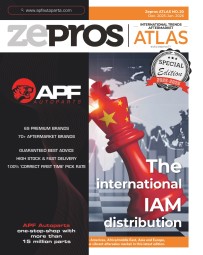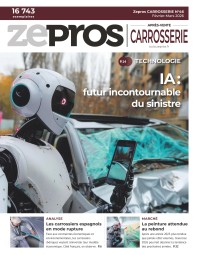
Algeria: “We need visibility”
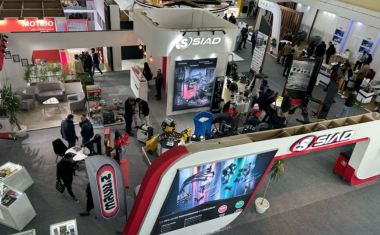
For nearly a decade, Algeria’s market has been grappling with a complete overhaul of its import processes. This long, albeit necessary, transition aims to clean up all business operations but has simultaneously weakened companies, particularly those within the automotive sector. Despite the challenges, its players remain resilient, navigating uncertain waters as they await brighter days.
The past ten years of turbulence in Algeria’s market have placed immense strain on the automotive ecosystem. Last year, industry insiders were optimistic about the sector’s recovery, which began to regain momentum after a five-year freeze on new vehicle imports. This followed the introduction of new import regulations and the organisation of parts imports under Algex, the country’s import-export regulatory body. However, the system remains hampered by cumbersome procedures, with import authorisations often too inconsistent to facilitate proper stock management. This has severely disrupted supply chains, leaving distributors with depleted stock and reducing the availability of essential parts for workshops. “We understand the public authorities’ strategy, which seeks to clean up practices and promote local production, ultimately encouraging Algeria’s reindustrialisation. It is a virtuous approach, but it complicates our operations as importers and distributors,” explains Tayeb Siad, General Manager of Group Siad, whose auto parts business operates across three warehouses in Tizi Ouzou, Algiers, and Oran. “We are a professional company that respects the law, but we need visibility to map out a strategic plan and establish a reliable business model. This is crucial for sustaining our operations and workforce. Right now, I am only responding to emergencies. We are, quite literally, in survival mode,” the concerned executive adds.
A “Made in Algeria” parts industry?
“Today, the challenge lies in achieving Algeria’s economic recovery, strengthening its industrial base, and building self-sufficiency. This requires limiting imports of products that can be manufactured domestically and encouraging internal investment,” he continues. The public authorities are urging importers to take part in the country’s industrial journey. While some distributors are considering this path, others have already begun producing batteries, lubricants, and brakes. “However, this demands significant investment, knowledge transfer, and considerable time,” he explains. Although there is a shared vision of “strengthening Algerian industry, increasing exports, and balancing our trade deficit,” the immediate reality remains that imports of parts are still essential. Local automotive production, with few exceptions, does not yet fully meet market demand. The sector requires greater clarity, active dialogue, and stability to restore business confidence and ensure a smoother recovery.
